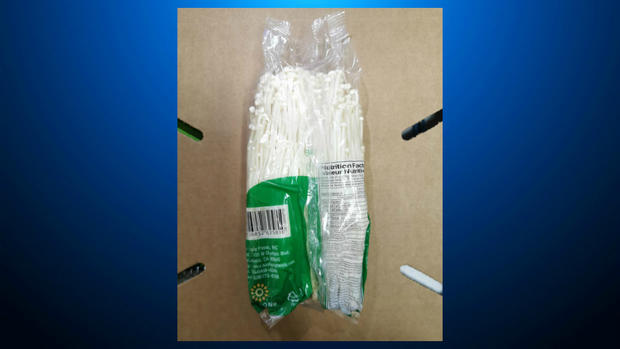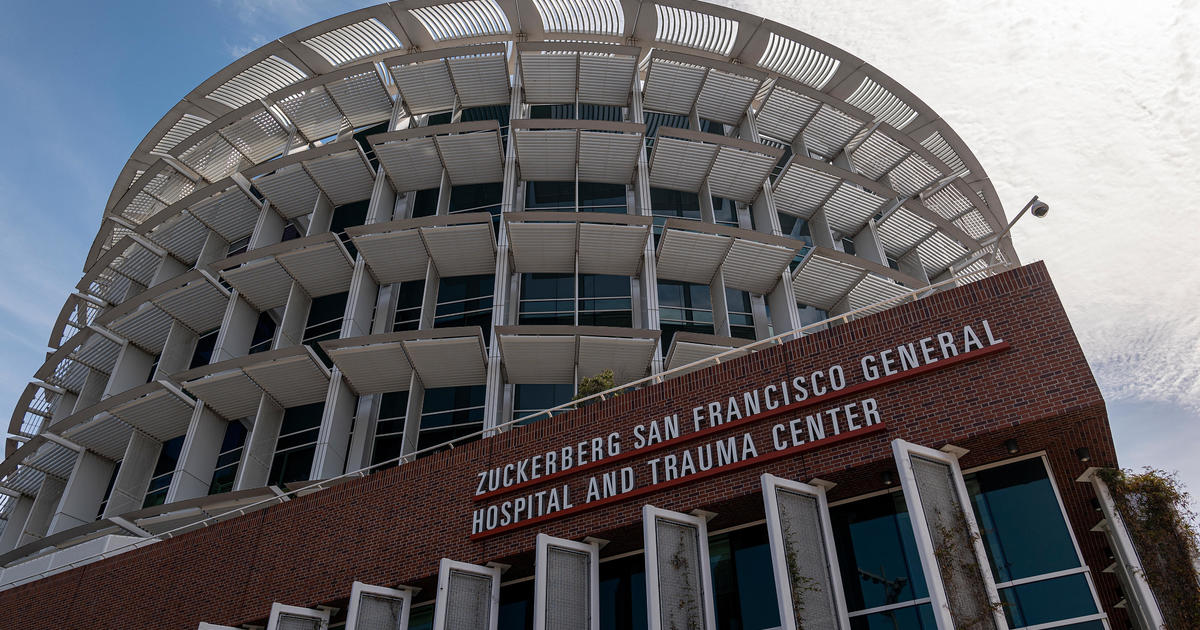Listeria Outbreak Likely From Recalled Enoki Mushrooms Kills 4, Hospitalizes 30
SAN FRANCISCO (CBS SF) -- A recalled type of mushrooms distributed by a Southern California company is likely the cause of a listeria outbreak that has killed four people and hospitalized 30, authorities said.
Sun Hong Foods, a company based in the city of Montibello near Los Angeles, recalled the enoki mushrooms Monday due to possible listeria contamination, according to the Food and Drug Administration's website.
The CDC has received 36 reports of listeria infections across 17 states. Deaths have been reported in California, Hawaii and New Jersey with a total of nine cases in California alone according to the U.S. Centers for Disease Control and Prevention.
The CDC confirmed that six of the listeria cases involved women who were pregnant, causing two of the women to miscarry.
"Do not eat, serve, or sell any recalled enoki mushrooms distributed by Sun Hong Foods, Inc.," the CDC said on its website.
The mushrooms are white with long, thin stems and small caps.
Consumers, food service operators and retailers were advised to check refrigerators for recalled enoki mushrooms. The mushrooms should be returned to their purchase location or thrown away.
Washing and sanitizing any surfaces and containers that may have come in contact with the recalled enoki mushrooms was also advised.
The CDC advised that, until officials learn more about the source and distribution of the enoki mushrooms, people at higher risk for listeria infections -- including pregnant women, adults age 65 or older and people with weakened immune systems, such as people with cancer or on dialysis -- avoid eating any enoki mushrooms with the label "Product of Korea."
Symptoms of listeria can include headache, stiff neck, confusion, loss of balance and convulsions in addition to fever and muscle aches.
Pregnant women contracting listeria typically experience only fever and other flu-like symptoms, such as fatigue and muscle aches. However, infections during pregnancy can lead to miscarriage, stillbirth, premature delivery, or life-threatening infection of the newborn.
Symptoms for invasive listeriosis usually start one to four weeks after eating food contaminated with listeria. Some people have reported symptoms starting as late as 70 days after exposure or as early as the same day of exposure.
Listeria infections are treated with antibiotics.




